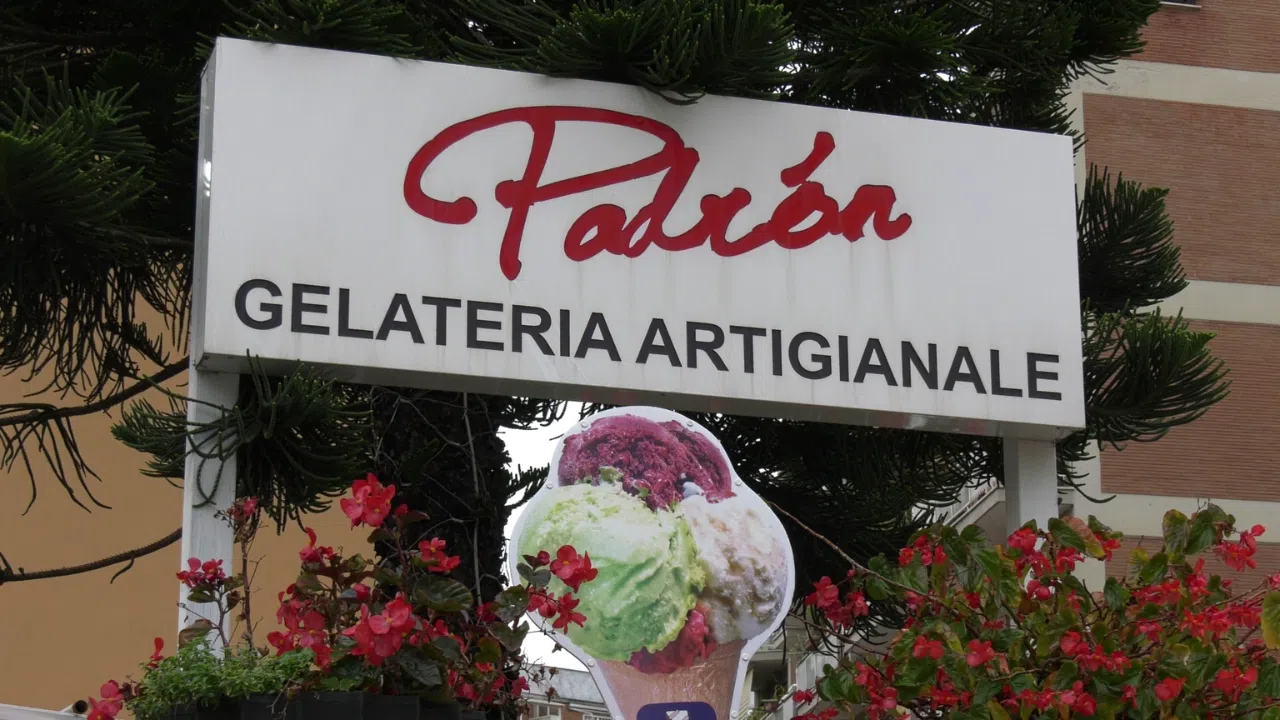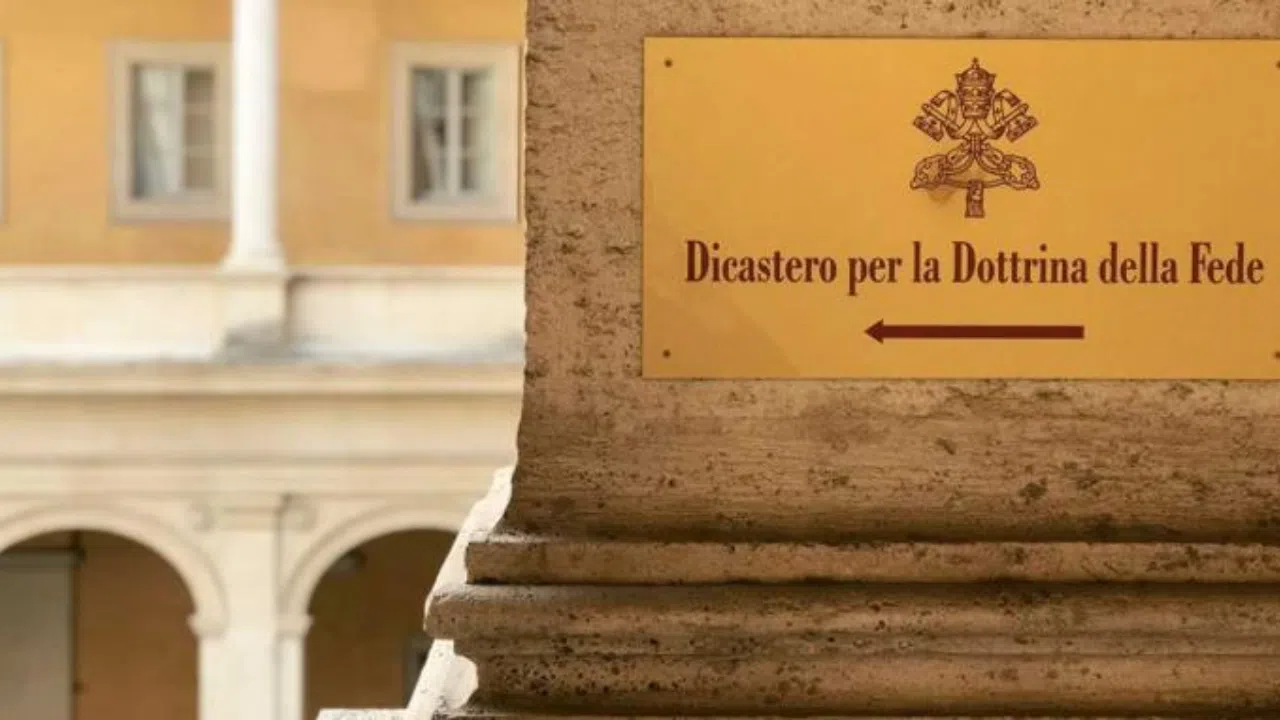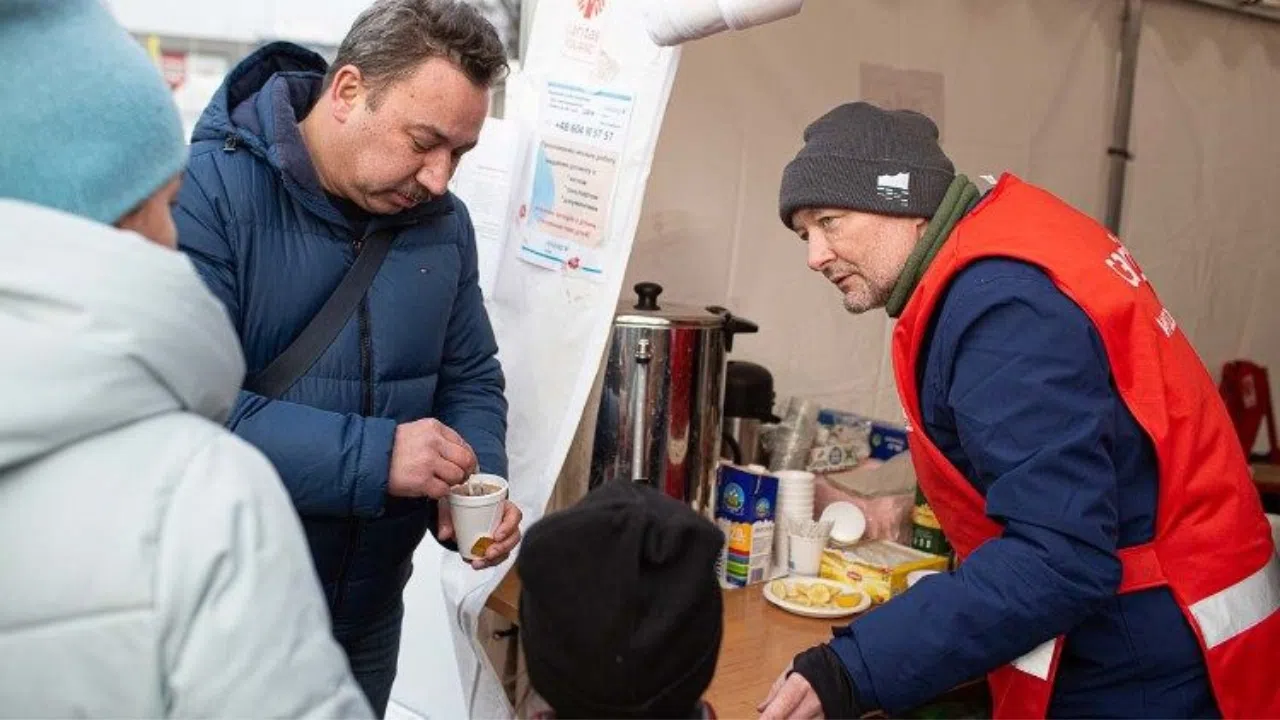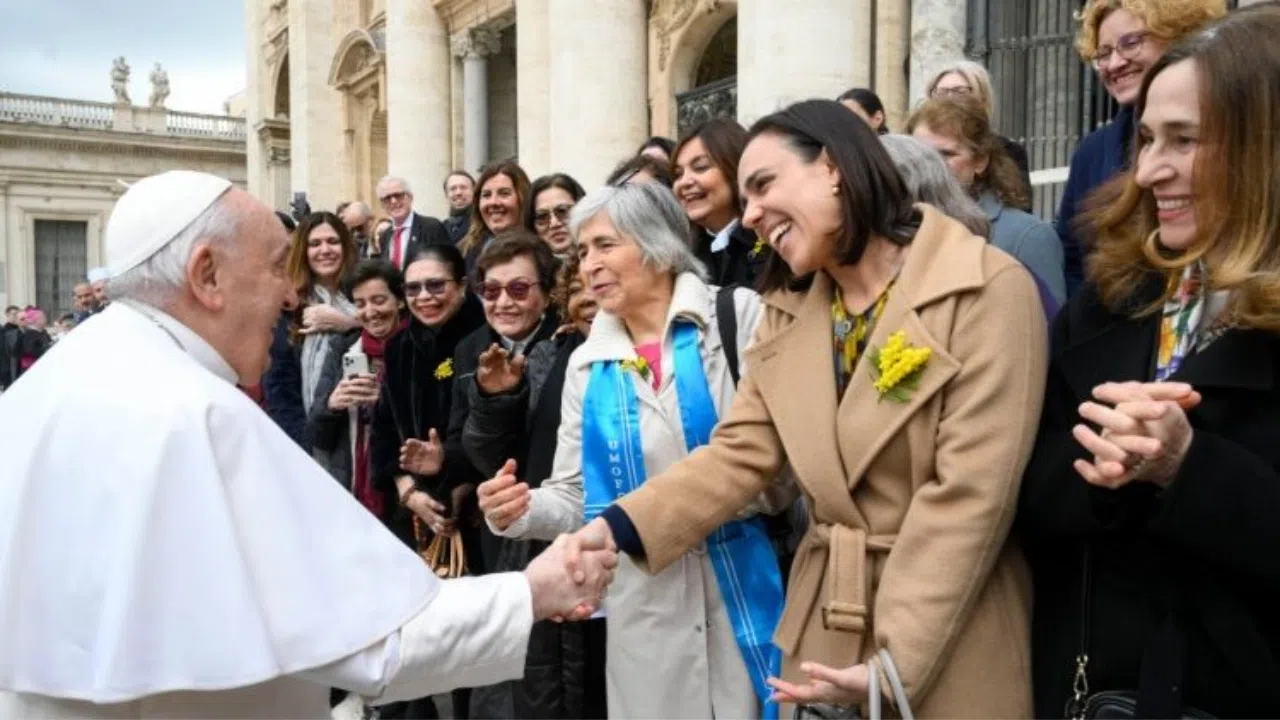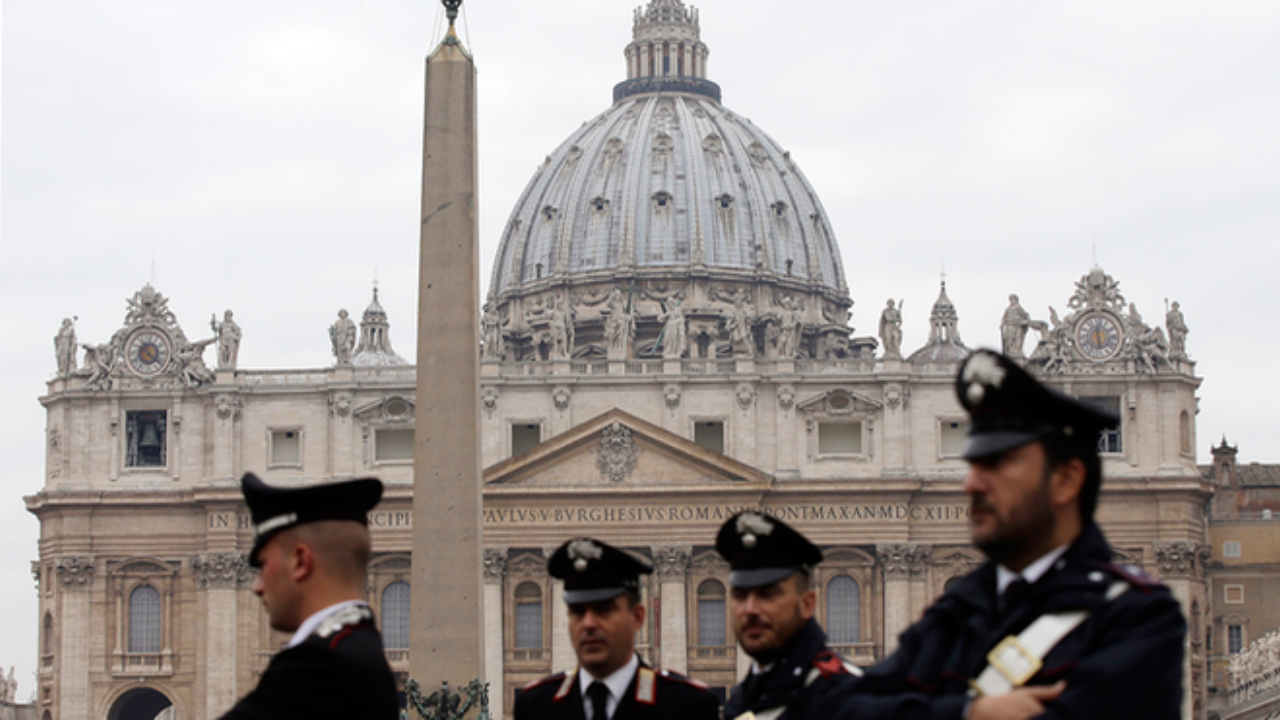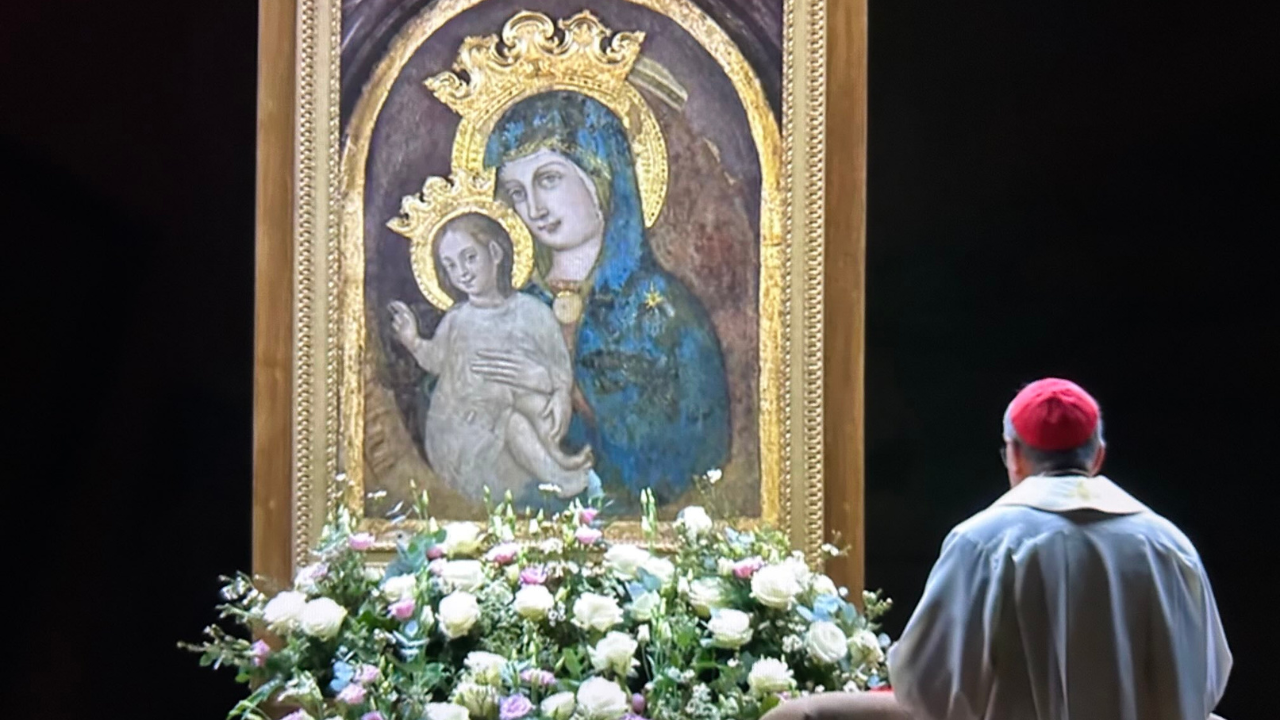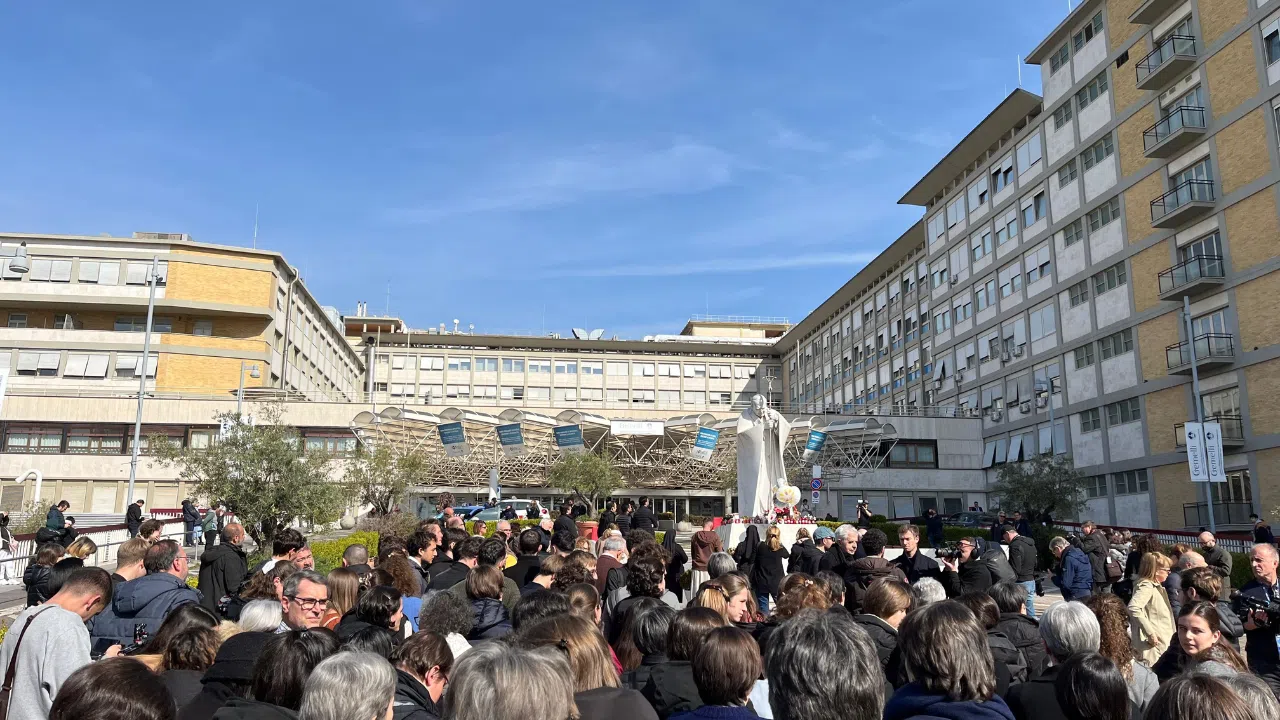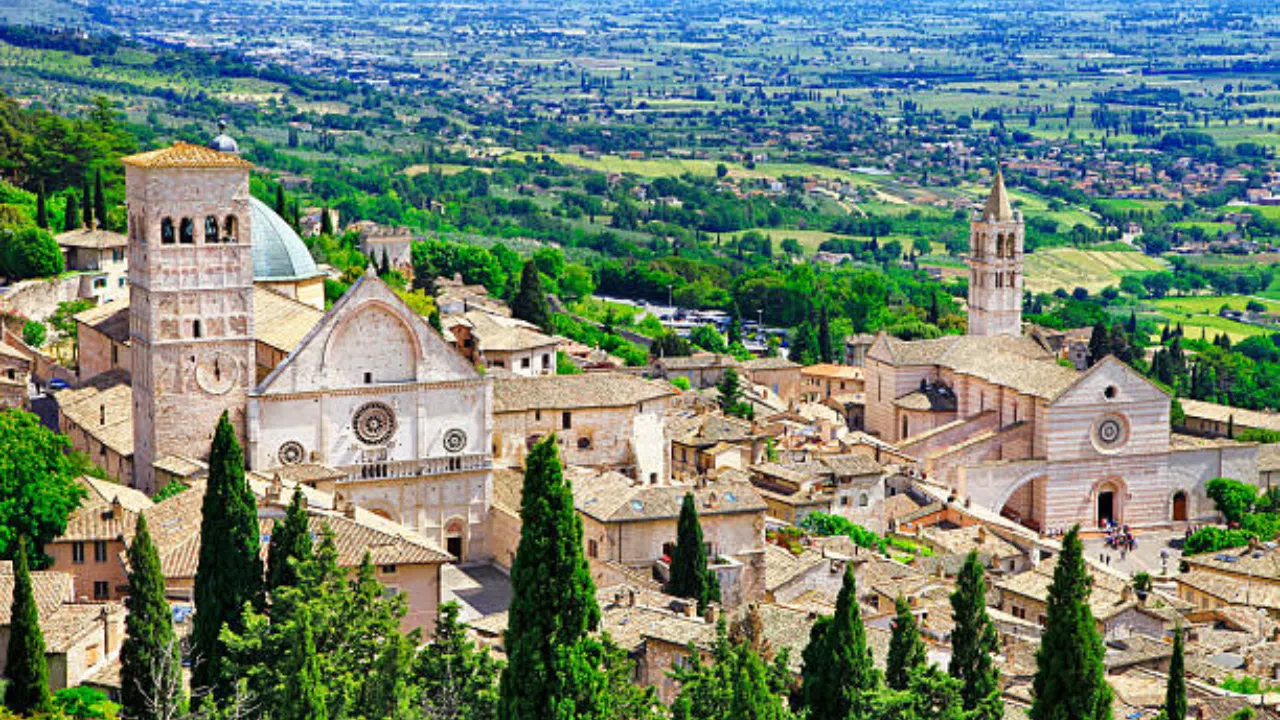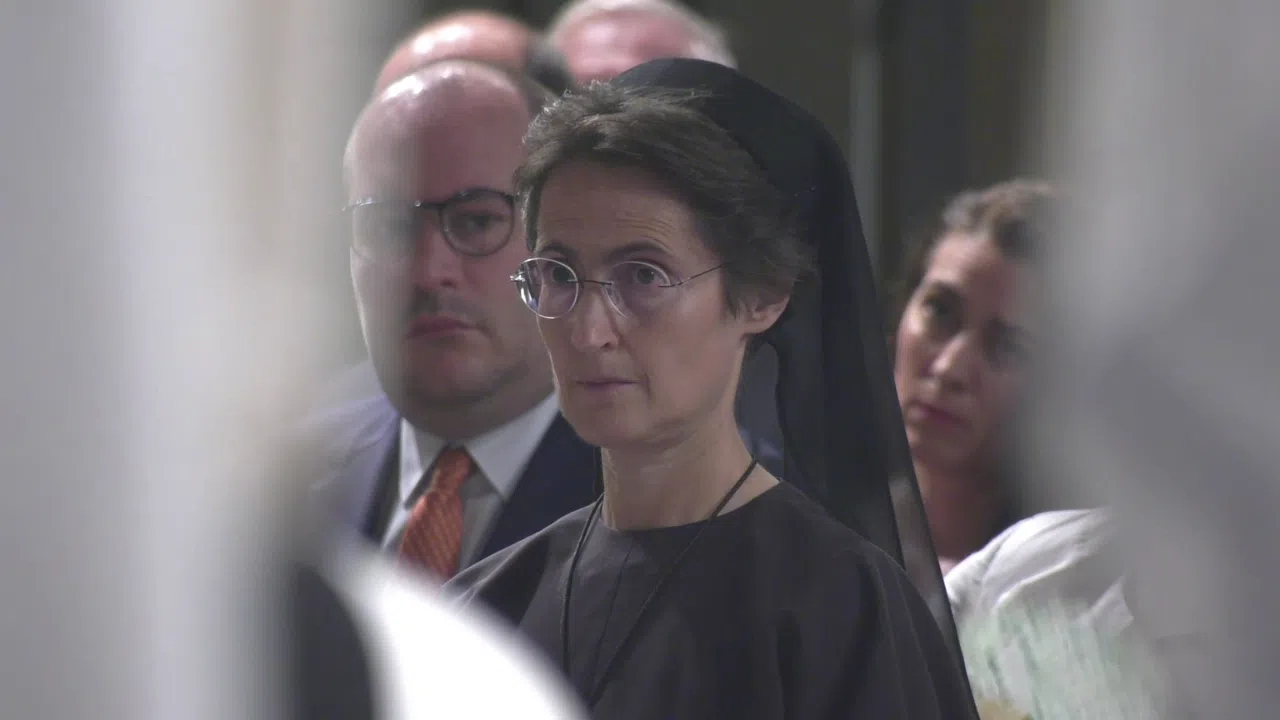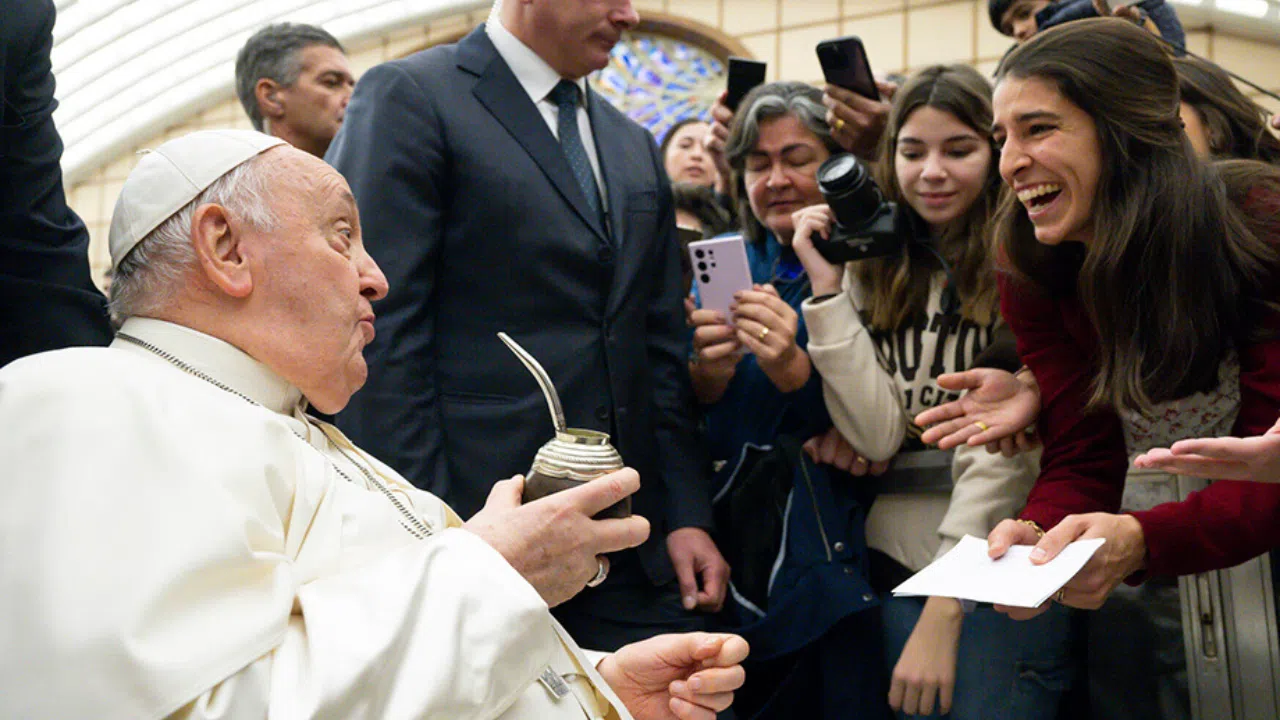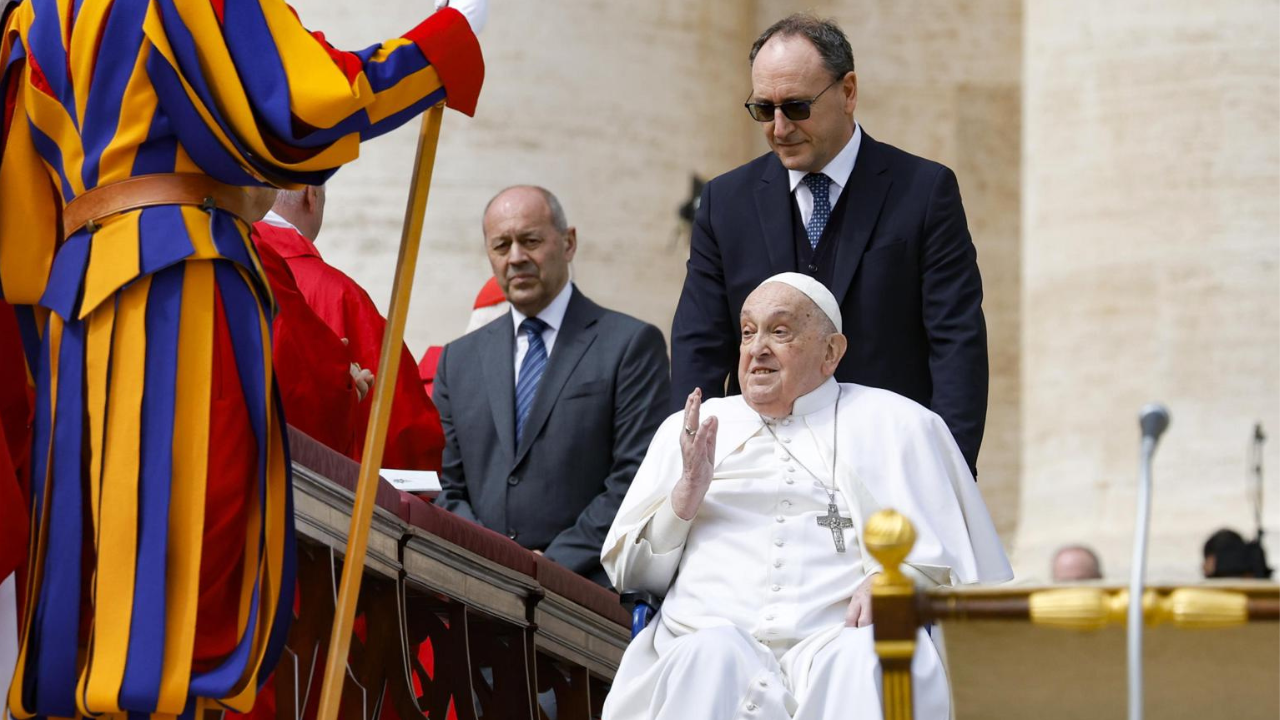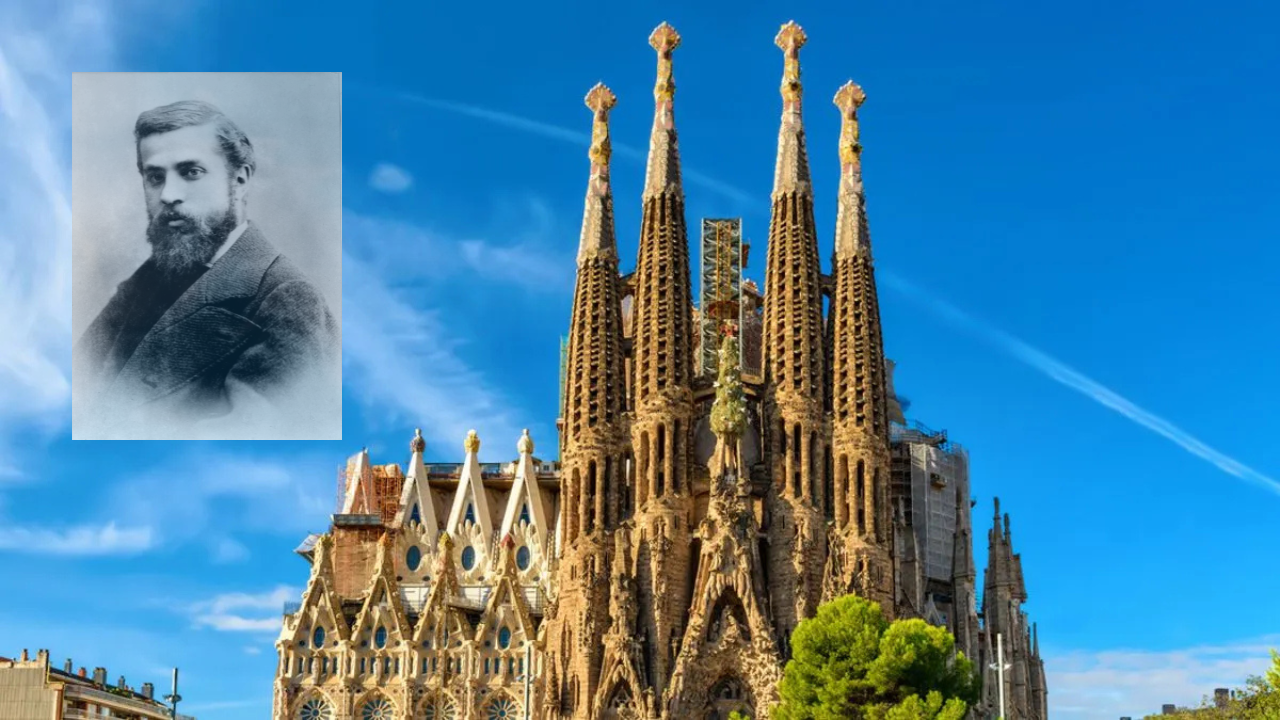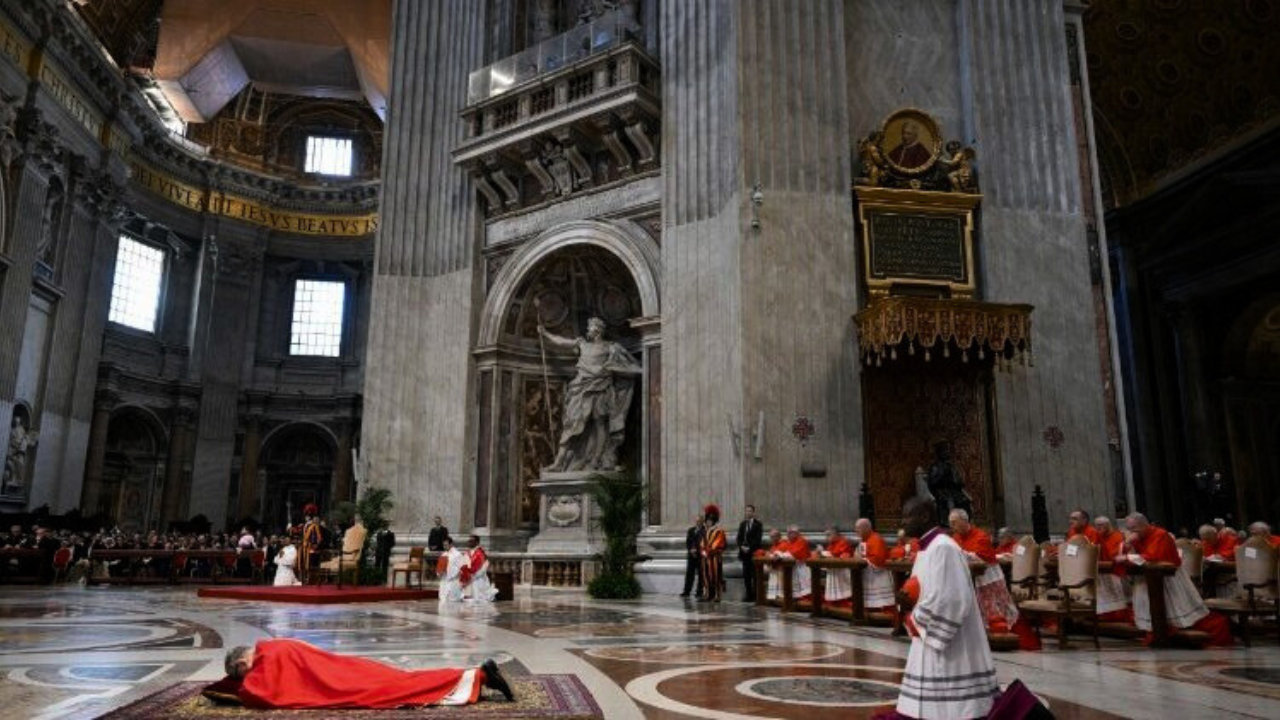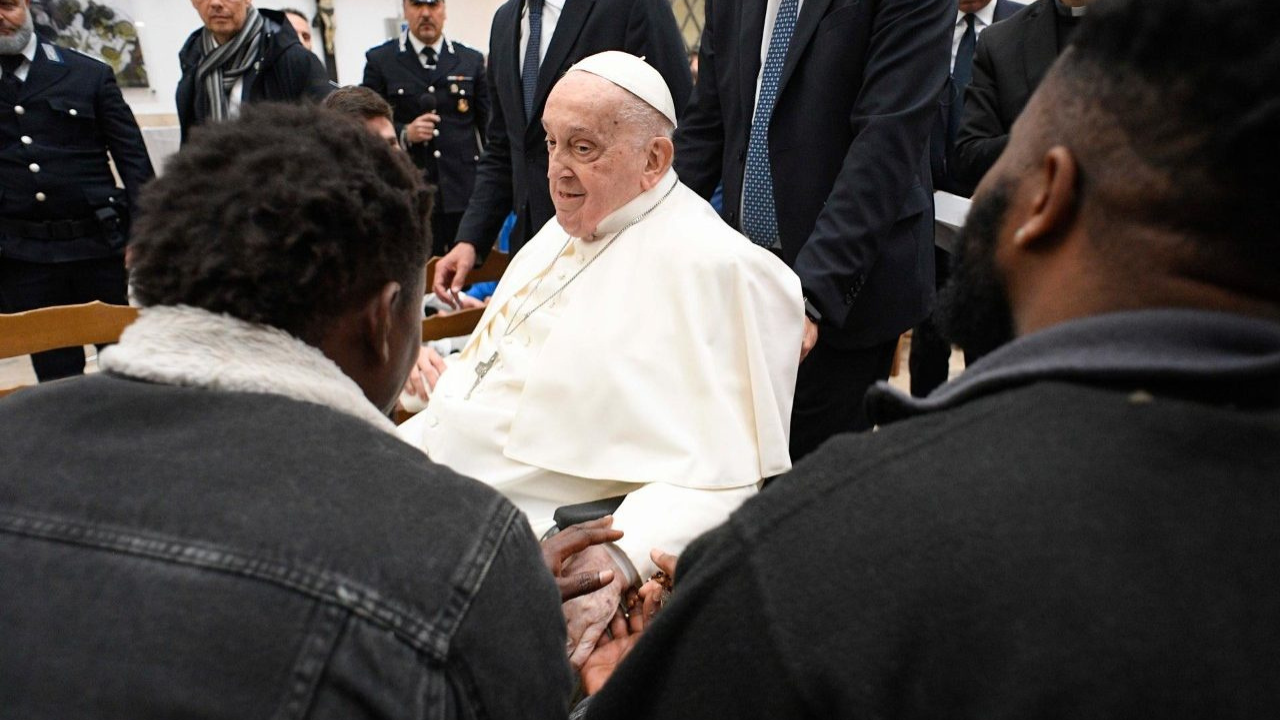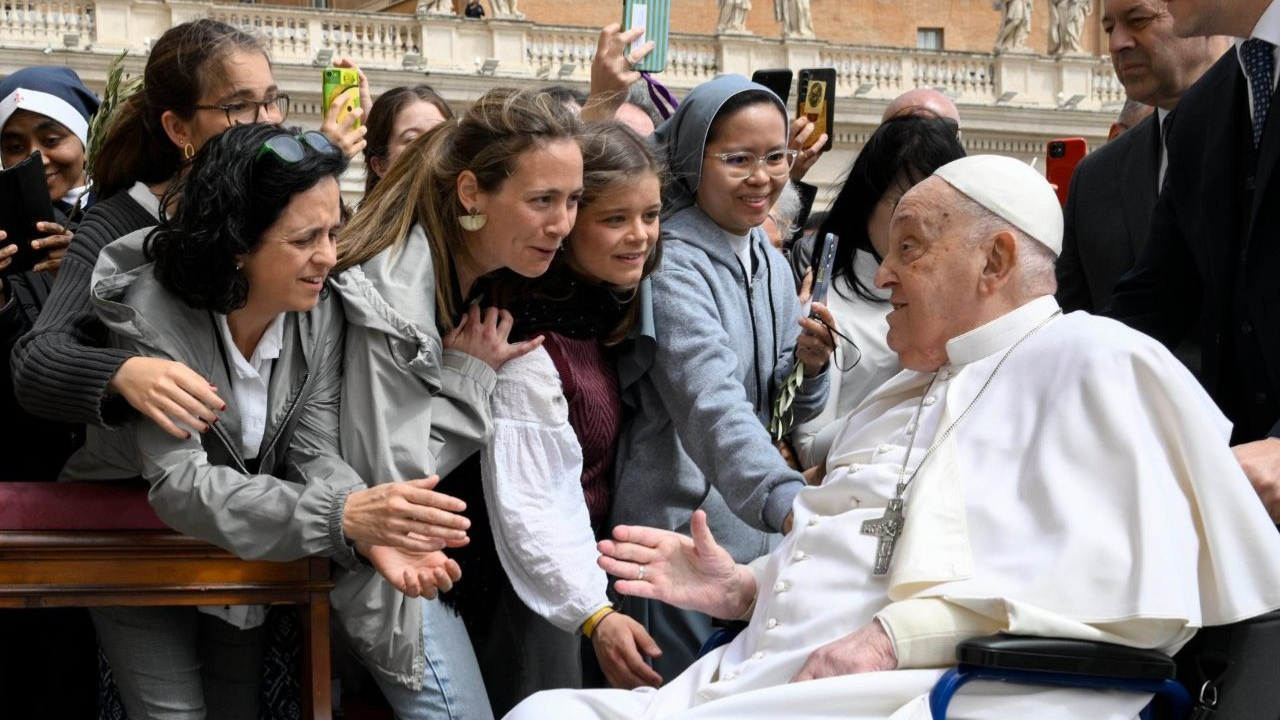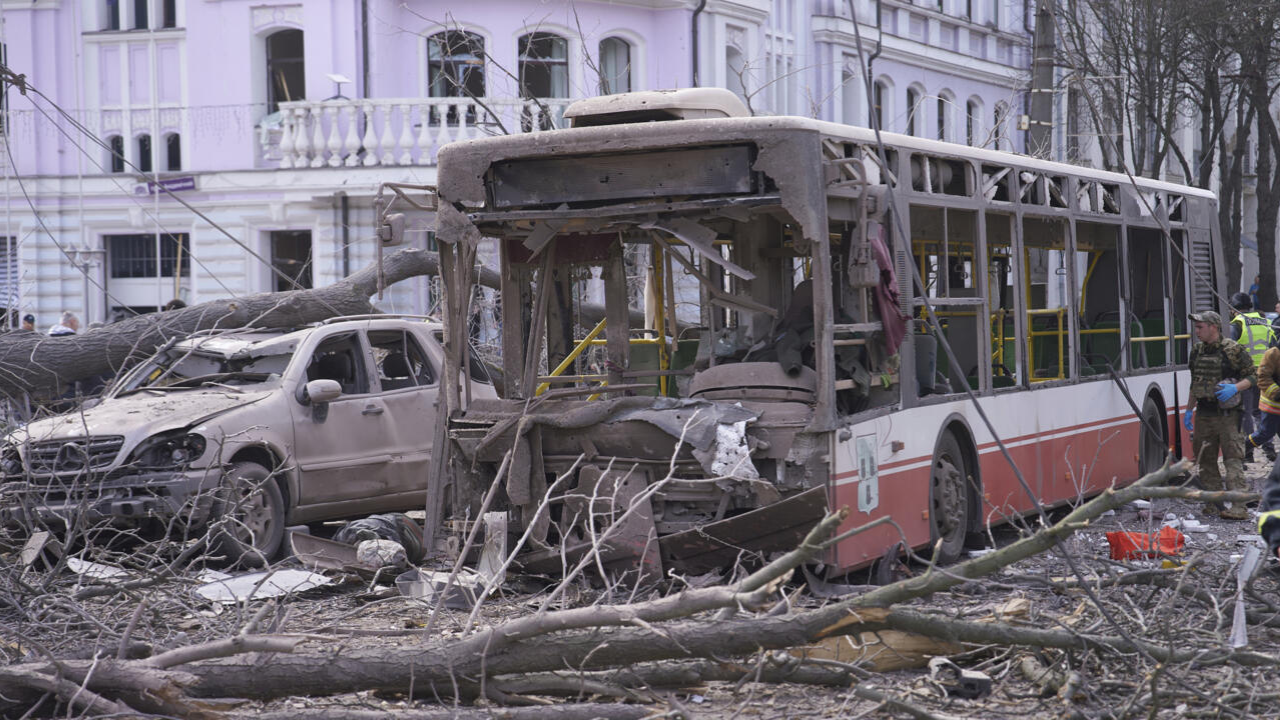One of the most dramatic consequences of the violence spreading throughout the Sahel is children's suffering.
This is Kaya, in Burkina Faso, a country with over half a million internally displaced people.
NABYLA
Internally displaced child
“Seven months ago, we were forced to flee when armed groups arrived in our town. They killed and kidnapped a number of people. We were terrified, so we made it all the way here, to Kaya.”
The conflict in the region puts the future of an entire generation at risk. Thousands of children have stopped going to school, thus becoming easy targets for child exploitation networks.
That's why organizations like Unicef are trying to ameliorate the crisis by helping refugee children like Nabyla continue their education.
NABYLA
Internally displaced child
“At school I received support. We were given textbooks and pens, because I didn't have any. Thanks to that, I can study for my future. I like school because it will help us have a job when we grow up. I have friends with whom I have fun. It makes me forget the fear I felt because of the armed groups.”
The school helps these children overcome the trauma they carry. Many of them have been abused or recruited by armed groups. More than five million minors in Mali, Niger and Burkina Faso will need humanitarian aid if violence continues to increase at its current rate.
There are also thousands of refugees in other countries. Thousands of displaced people from Mali have made it to Ouallam, in Niger, fleeing from Islamist groups. The majority are women, with children and grandchildren to care for. The men were either killed or have disappeared.
HANA ABDOU
Refugee
“What we've been through is too much for anyone. We've suffered a lot. We had to drag our belongings along, travel with the children. We walked non-stop for two days, without food or water. The journey seemed endless.”
The crisis worsens each day, and the UN's expectations are anything but positive. They estimate that at this rate, nearly 15 million people from the region will begin to starve.
The pope has kept a watchful eye on the situation in the Sahel for a long time. Last November, he addressed the International Community, asking members to commit to the protection of the region's most vulnerable people.
Ángeles Conde.

